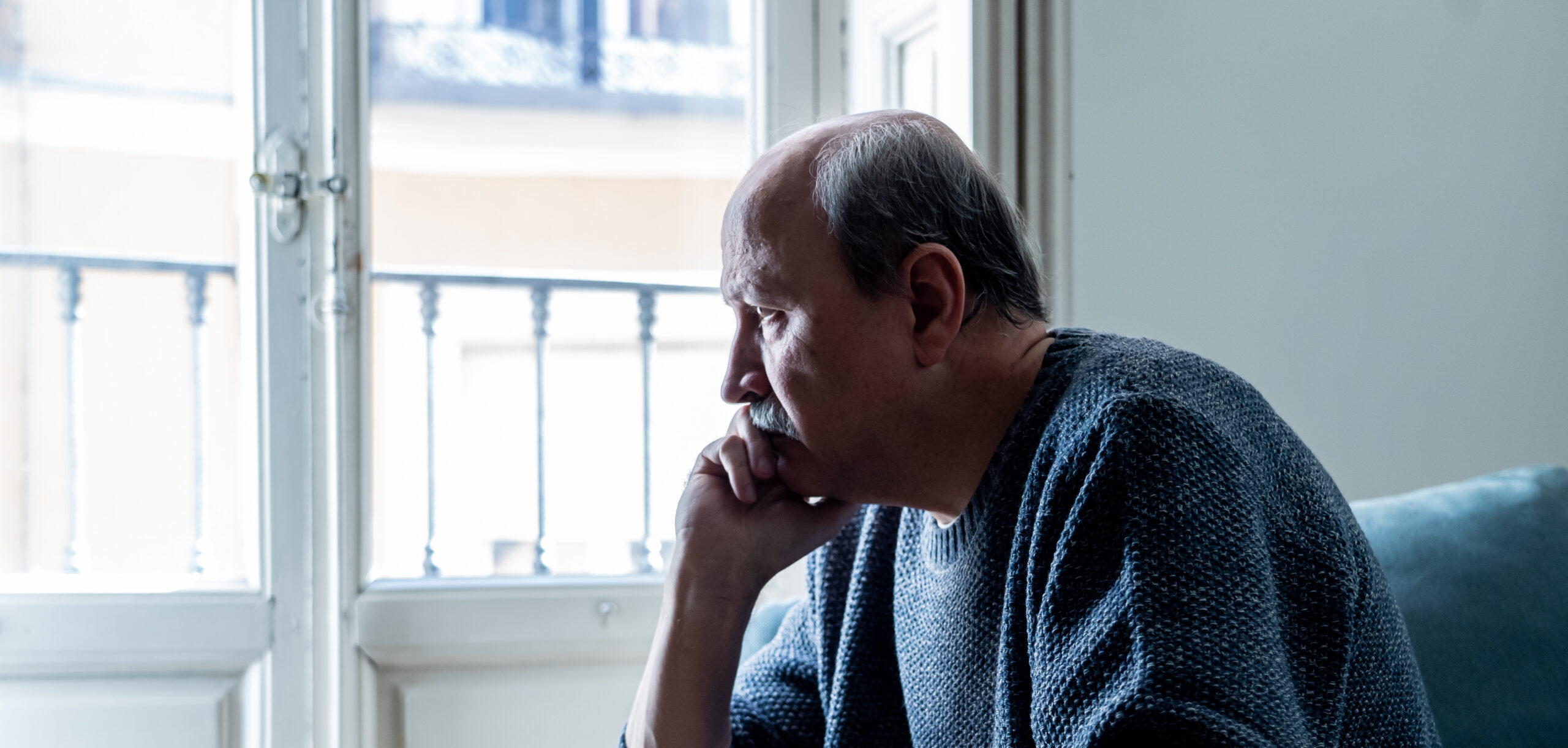As the pandemic continues, more people worry about the long term effects of loneliness and isolation, both of which can cause mental health to decline with increased rates of depression, anxiety, and dementia. However, are there other quantifiable physical side effects?
A study from University of California, San Francisco found that loneliness decreases a person’s ability to perform daily life tasks such as bathing, cooking, and walking. It can also cause tissue damage by triggering excess inflammation, potentially leading to heart disease and cancer. Research from the University of York also suggested that loneliness was correlated to a 29% increase in incident coronary heart disease and a 32% increase of stroke. The University of British Columbia found an even more interesting and surprising correlation in another study. They found that for women, isolation increased their risk of high blood pressure and decreased heart health; however, for men, it was the opposite. For women, the increase in blood pressure that came from social isolation was compared to having a high sodium diet, not exercising regularly, or using non-steroidal anti-inflammatory medications. Men, on the other hand, had higher blood pressures when they had larger social networks.
It is especially important to check the heart health of older people.
Image Source: bluecinema
What can be done about this? Everyone experiences some form of social isolation even with friends, work, or family. A good place to start is socializing so that it’s not a chore such as recreational clubs unrelated to your career. This will allow you to expand your social circle to find people to spend time with purely for its own sake. Volunteering is another good way to make these connections. Again, you will be around people with similar values, and gain the benefits of being altruistic, such as fulfillment, anxiety relief, and broadened perspective. Even small interactions with no specific purpose, such as with strangers at the grocery store can also benefit your sense of connection. Weak-ties without long time or emotional commitment have been linked to increased creativity, sense of belonging, and depth of perspectives. Even though they are low-effort, they create reciprocation. The more you reach out to semi-strangers, the more you will be reached out to in return. Similarly, taking care of something such as a pet can give you a goal to help keep you motivated and happy. Instead of hyper-fixating on your own isolation, you can use your time to create a bond with an animal that can show you affection in return. However, if none of these seem feasible or helpful, professional help is always an option.
Isolation doesn’t just manifest in social health; it has important physical consequences, but they can be combated with daily effort and changes to how and who we interact with. Maybe just knowing that everyone faces social isolation can help you feel less alone.
Featured Image: © SB Art Media /Adobe Stock










